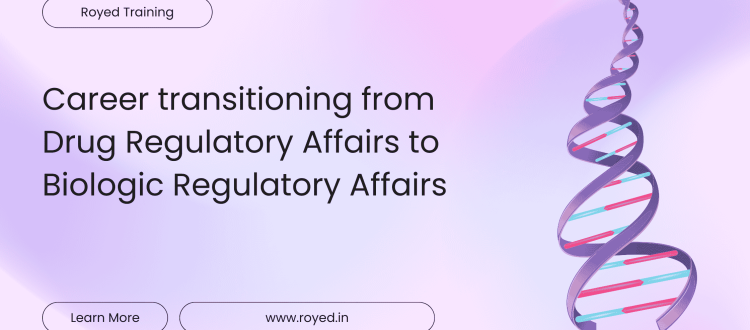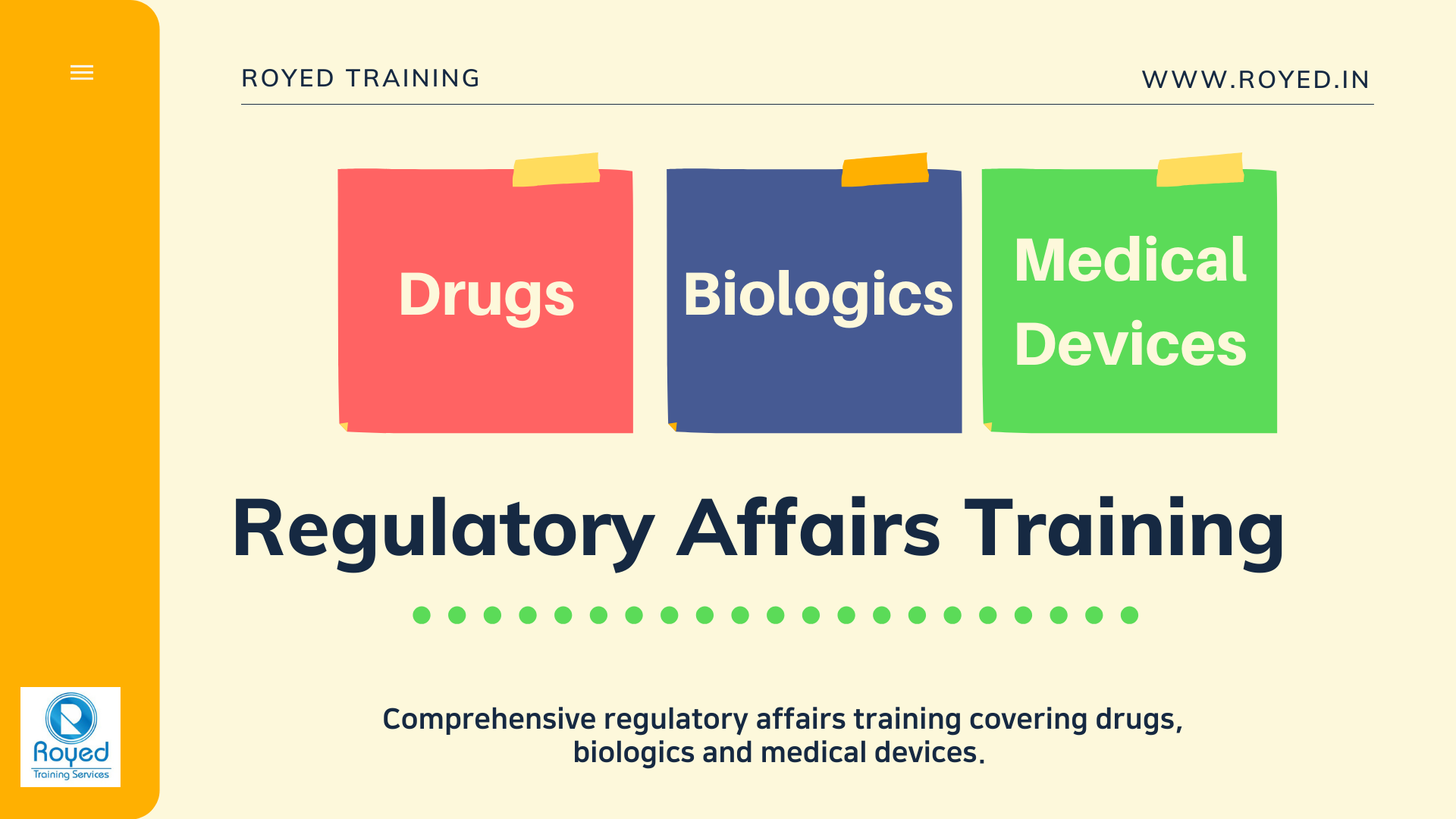Career transitioning from Drug Regulatory Affairs to Biologic Regulatory Affairs
Moving from traditional drug regulatory affairs to biologic regulatory affairs is a strategic career pivot that can open up exciting opportunities in the rapidly growing biopharmaceutical industry. While the two fields share a foundation in regulatory processes, biologics present unique challenges and opportunities due to their complexity, innovative nature, and global market dynamics. Here’s a guide to make this career transition effectively:
Understand the Differences Between Drugs and Biologics
Traditional drugs are chemically synthesized, while biologics are derived from living organisms and include vaccines, monoclonal antibodies, and cell and gene therapies. Biologic regulatory affairs require knowledge of the specialized manufacturing, storage, and regulatory processes that biologics entail. Begin by familiarizing yourself with these distinctions through industry literature, training, and professional development.
Upgrade Your Knowledge Base
Biologics demand expertise in areas such as:
- Good Manufacturing Practices (GMP) specific to biologics.
- Regulatory frameworks like the FDA’s Biologics License Application (BLA) and EMA’s Marketing Authorization Application (MAA).
- Clinical trial phases unique to biologics, such as immunogenicity studies.
Consider enrolling in specialized courses, such as Royed Training’s Biologic Regulatory Affairs Certification. This program is tailored to provide in-depth knowledge of biologic development, regulations, and registration processes, making it an excellent resource for acquiring practical, industry-relevant insights.
Leverage Your Existing Regulatory Skills
Your experience in regulatory affairs already gives you a solid foundation in dossier preparation, compliance, and communication with regulatory agencies. Focus on highlighting transferable skills, such as:
- Understanding of regulatory submission processes.
- Project management in cross-functional environments.
- Relationship building with regulatory authorities.
Gain Practical Exposure
Seek opportunities to work on biologic-related projects within your current organization. If this isn’t possible, consider joining a biologics-focused company or team. Working on a biosimilar application, for example, can provide hands-on exposure to biologic regulatory processes.
Enhance Your Network
Engage with professionals in the biologics domain by joining industry organizations such as RAPS (Regulatory Affairs Professionals Society) or attending biologic-specific conferences and seminars. Networking can provide insights and open doors to career opportunities.
Relevant Certification and Knowledge Acquisition
Pursuing a relevant certification, like Royed Training’s Biologic Regulatory Affairs Course, is crucial for equipping yourself with advanced skills. This program offers case studies, simulations, and expert-led modules covering topics like biologic market insights, GMP, biosimilar development, and global regulatory requirements. This certification ensures you are well-prepared for the transition and helps you stand out in the competitive job market.
Understand Global Trends and Guidelines
Biologics have a global market, and regulations differ across regions. Stay updated on guidelines from major regulatory bodies, such as:
- FDA (U.S.) – BLA requirements and cGMPs for biologics.
- EMA (Europe) – Specific guidelines for Advanced Therapy Medicinal Products (ATMPs).
- WHO (Global) – Standards for vaccines and biosimilars.
Develop Soft Skills for Biologic Regulatory Affairs
Biologic regulatory affairs often require close collaboration with R&D, manufacturing, and quality assurance teams. Strengthen your communication, negotiation, and teamwork skills to excel in this collaborative environment.
Be Open to Continuous Learning
Biologics is an ever-evolving field with advancements like mRNA technology, gene editing, and CAR-T therapies reshaping the landscape. Stay curious and committed to learning new technologies and regulations to stay competitive.
By following these steps and leveraging resources like Royed Training’s Biologic Regulatory Affairs Certification, you can successfully transition from drug regulatory affairs to biologic regulatory affairs, positioning yourself as a valuable asset in the innovative and impactful biopharmaceutical industry.





